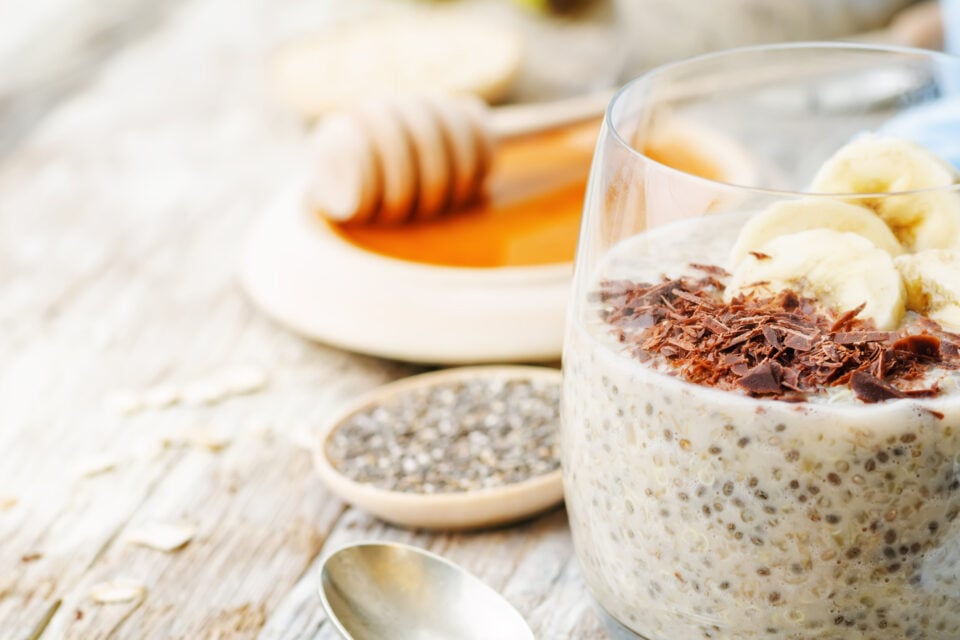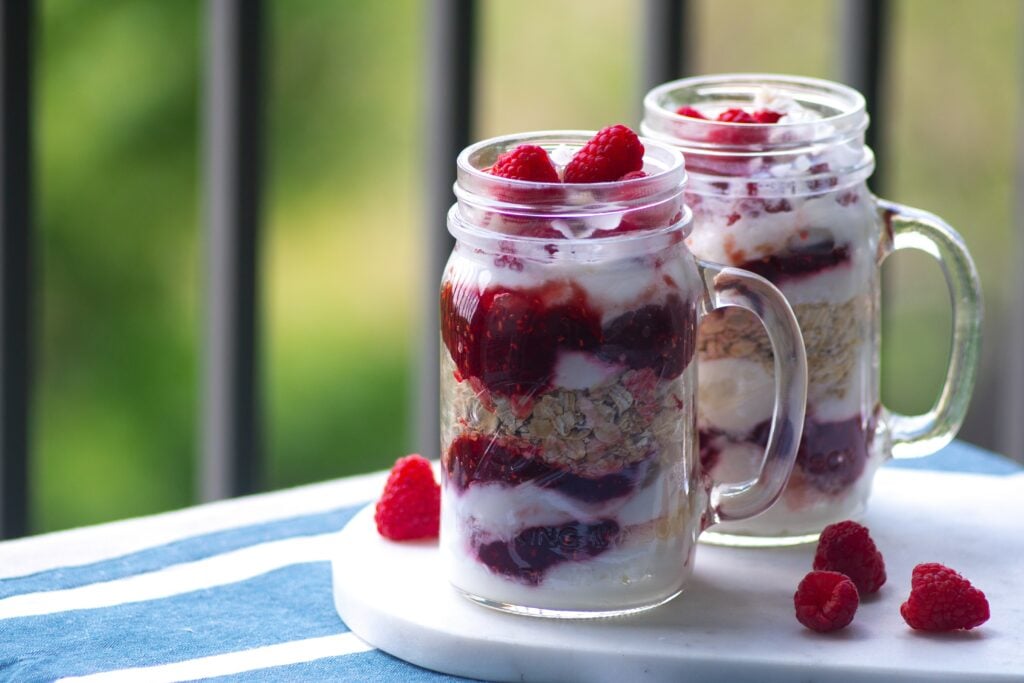Functional food: what is it and what are its benefits?

Nutraceutical. For a few years now, more and more people have been talking about functional food, whether in TV reports and in newspapers, or even in advertisements for products that promise health benefits. But do you know exactly what they are, and what are they used for?
Functional food is a food or ingredient that offer health benefits in addition to their basic nutritional functions. They can, for example, reduce the risk of chronic degenerative diseases, such as cancer and diabetes, among others.
Receive all our tips by email!
Love Astrology? Subscribe Now and Receive Exclusive Content!
But you need to be aware that these foods don’t work like medicines. So, to achieve their benefits, it is necessary to consume them on a regular basis; include mainly vegetables, fruits and whole grains in your diet. After all, most of the studied active components are found in these foods.
What is functional food?
Despite the frequent use of this expression, there is no universal consensus on the definition. We will stick to the definition of ILSI (1998):
We consider a food to be functional if it has been satisfactorily demonstrated that it has a positive effect on one or more target functions of the organism, other than the basic dietary effects, so as to improve health and well-being and/or to decrease the possibility of disease.
There are five ways for a product to be functional:
- Removing a component identified for its harmful nature on the end user (allergenic protein, for example).
- Increasing the concentration of a natural component in a food. The objective is to reach a concentration level capable of inducing the expected effects or by doing the same thing to a non-nutritive component, which has beneficial effects and data supporting it.
- Adding a component normally absent from most foods, but whose beneficial effects are sure (non-vitamin antioxidant or prebiotic fructan, for example).
- Replacing a component (generally a macro-nutrient) whose consumption is often excessive and therefore causes harmful effects (fats, for example), by another component with recognized beneficial effects (chicory inulin, for example).
- Improving the bioavailability of food components (or by modifying them) with recognized beneficial effects.

A few key words
- Nutraceutical. Product made from food substances, but made available as a tablet, powder, potion or other medicinal form. It is usually not associated with food, and has been shown to have a physiological beneficial or protective effect against disease chronic.
- Colonic food. A food that reaches the intestine without its digestion, often in the form of carbohydrates, and is a source of food for the gut microbiota (bacterial flora).
- Prebiotics. Selectively act on beneficial bacterial strains in the colon and stimulate their growth.
- Probiotics. Living microorganisms (bacteria or yeasts) with a beneficial effect on health by improving the balance of the intestinal flora.
To sum it up
Regardless of your goal (lose weight or gain muscle), look for a nutritionist to make a balanced diet for you. The internet provides several tips and recipes that can help with your diet, but it will never replace the work of a professional who has full knowledge of the subject. So don’t limit yourself to what you read here or on any other site. Always seek a specialist and good luck with your new eating habits.
You may also like:
- Top 5 superfoods that are a must in your kitchen
- Hemp vs. CBD: what is the difference between them
- All you need to know about Rhodiola rosea

